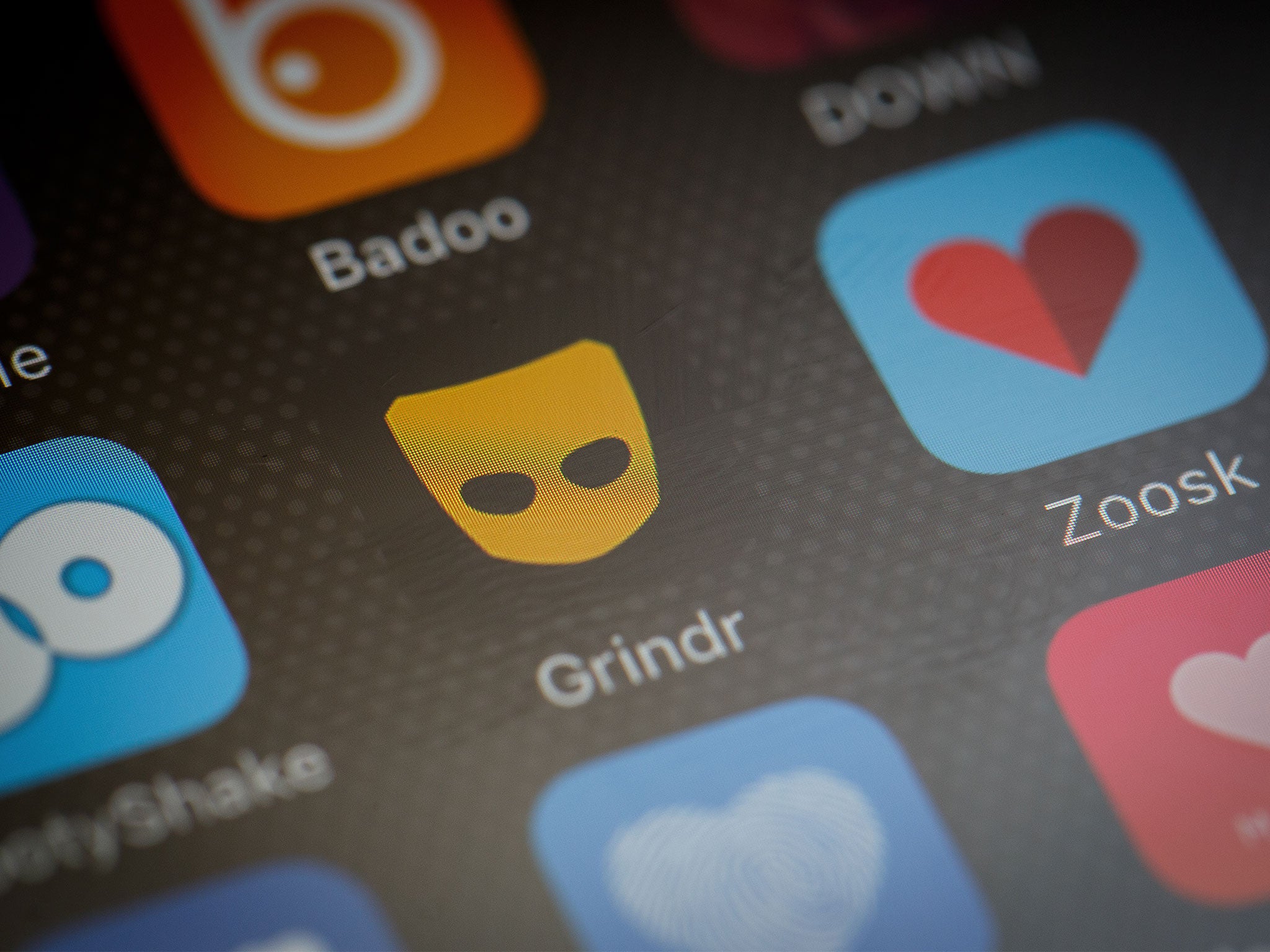US says Chinese ownership of Grindr is a national security risk
Foreign investment committee blocks takeover by Beijing-based company amid suspected privacy fears

The popular gay dating app Grindr represents a national security risk under its current Chinese ownership, according to the US government.
Gaming company Beijing Kunlun Tech Co is seeking to sell the app after being told the Committee on Foreign Investment in the United States (CFIUS) has concerns about its ownership.
It is understood to have told Kunlun it considers its involvement with Grindr a national security risk, although it has not been determined what specific issued it raised.
However, the US has begun to place more scrutiny on app developers and the security of data they hold, particularly if that may include details of US military and intelligence personnel.
Grindr, which markets itself as the world’s largest social networking app for gay, bisexual, transgender and queer people, has around 27 million users worldwide.
The company collects personal information submitted by its users, including a person’s location, messages, and in some cases even someone’s HIV status, according to its privacy policy.
The development represents a rare, high-profile example of CFIUS undoing an acquisition that has already been completed.
Kunlun took over Grindr through two separate deals between 2016 and 2018 without submitting the acquisition for CFIUS review, making it vulnerable to such an intervention.
CFIUS does not always tell companies why it has blocked a deal, as doing so could reveal classified information from US agencies, said Jason Waite, a legal expert on international trade and investment.
“Personal data has emerged as a mainstream concern of CFIUS,” he added.
Kunlun had said last August it was preparing for an initial public offering (IPO) of Grindr.
But, as a result of the CFIUS intervention, the company has now shifted its focus to an auction process to sell Grindr outright, sources said.
CFIUS action on the Grindr deal underscores its focus on the safety of personal data.

The organisation has also blocked the acquisitions of US money transfer company MoneyGram and mobile marketing firm AppLovin by Chinese bidders in the last two years.
Kunlun is one of China’s largest mobile gaming companies.
It was part of a buyout consortium that acquired Norwegian internet browser business Opera for $600m (£454m) in 2016.
Additional reporting by Reuters
Join our commenting forum
Join thought-provoking conversations, follow other Independent readers and see their replies
Comments
Bookmark popover
Removed from bookmarks